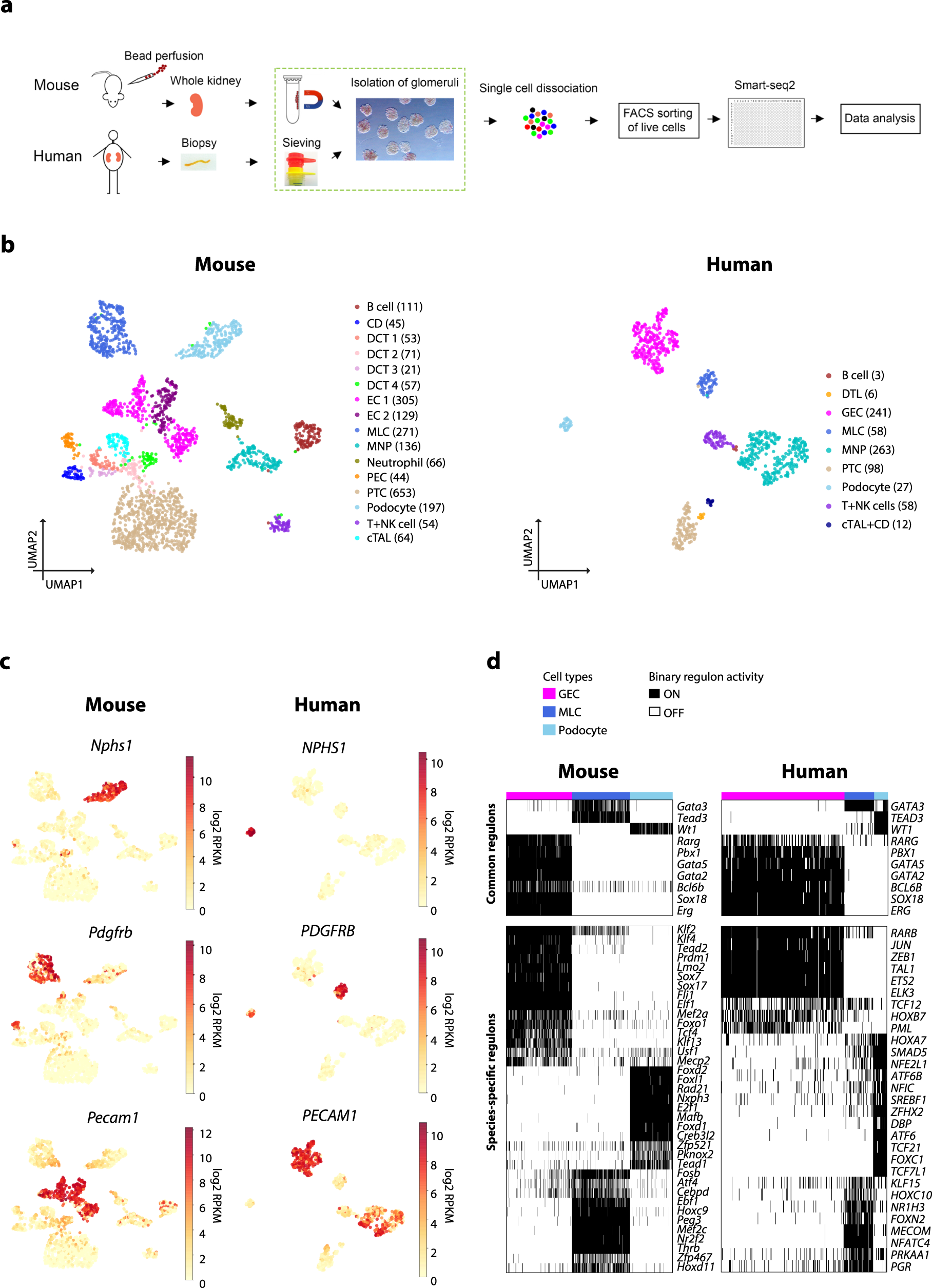

We also show that isolated exosomes from IUGR plasma have decreased FasL expression and are reduced in number compared to exosomes from normal pregnancies. Using flow cytometry, we demonstrate that p65 + Th1/Th17 cells are reduced during normal pregnancy, but not during IUGR, and this phenotype is enforced when non-pregnant T-cells are cultured with normal maternal plasma. The aim of this study is to investigate the mechanism and source of NF-κB regulation required for successful pregnancy, and whether this is abrogated in IUGR.

Placental exosomes expressing Fas ligand (FasL) have an immunomodulatory function during pregnancy. Regulation of maternal T-cells during pregnancy is driven by Nuclear Factor Kappa B p65 (NF-κB p65), and we have previously shown that p65 degradation in maternal T-cells is induced by Fas activation. However, in IUGR, the inflammatory response is enhanced and there is a limited understanding of the mechanisms that lead to this abnormality.

Suppressed pro-inflammatory Th1/Th17 immunity is necessary for pregnancy success. Intrauterine Growth Restriction (IUGR) is a leading cause of perinatal death with no effective cure, affecting 5–10% pregnancies globally.


 0 kommentar(er)
0 kommentar(er)
